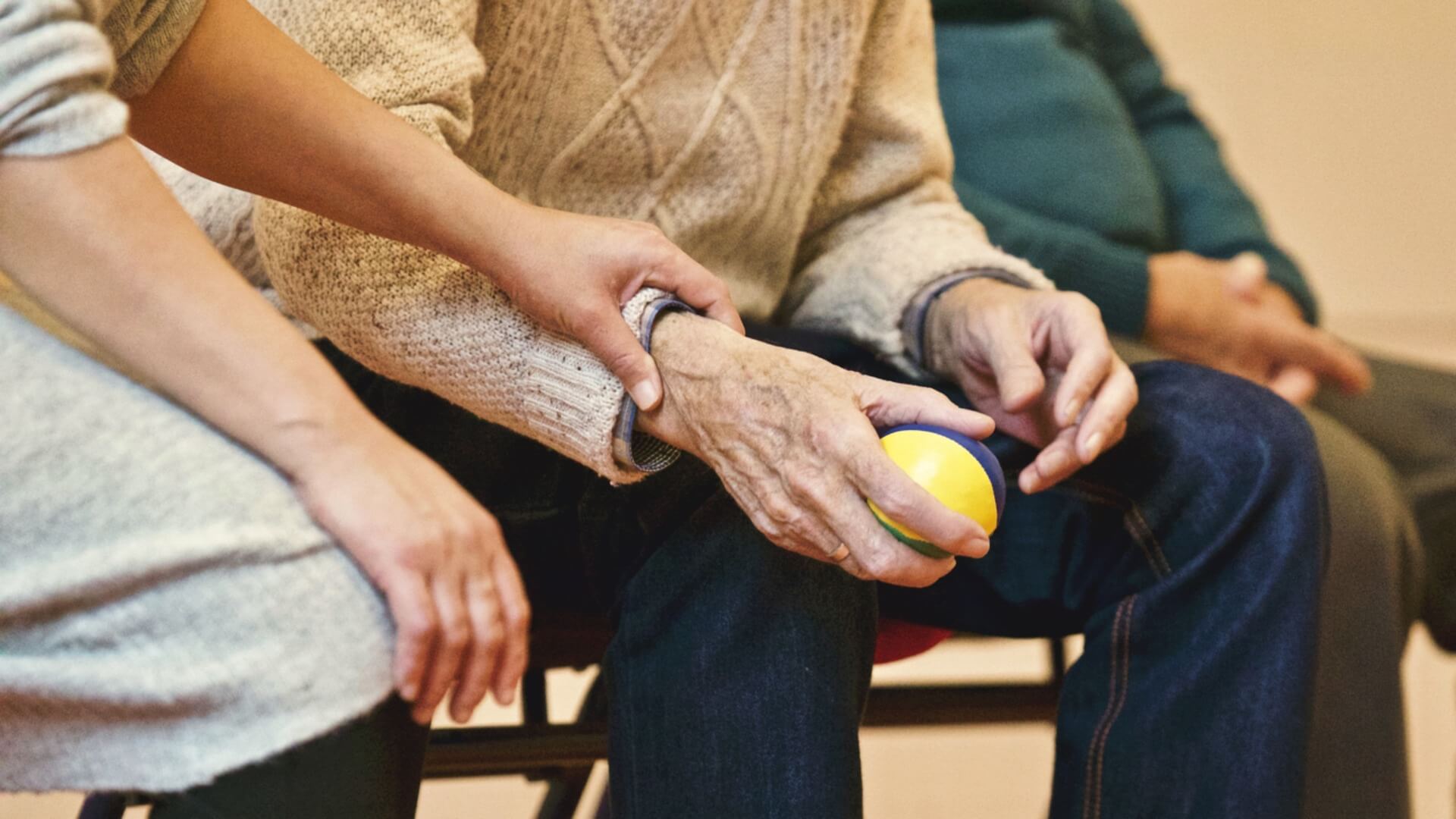Senior caregivers list heart disease as one of the major concerns for their senior clients and loved ones. Heart disease is the leading cause of death among the elderly, and it affects both men and women. Looking at the statistics, it’s easy to see why many of us know someone in our lives that has been affected by heart disease.
According to the Centers for Disease Control and Prevention (CDC), every year about 715,000 Americans have a heart attack, and about 600,000 people die of heart disease in the United States every year–that’s 1 in every 4 deaths.
February is, not surprisingly, American Heart Health Month. Cardiovascular disease (CVD) includes heart disease, strokes and high blood pressure. Although some factors can put you at higher risk, such as race and ethnicity, family medical history, and even geographical area, many CVD deaths could be prevented with lifestyle changes such as eating a healthier diet, exercising, and not smoking. Medication may also be necessary to manage conditions like high blood pressure and diabetes.
Healthy habits and a healthy lifestyle can go a long way toward preventing heart disease. Here are some tips from the CDC:
Get a check-up once a year, even if you feel healthy. You know the adage: an ounce of prevention is worth a pound of cure. Have your blood pressure and cholesterol numbers checked regularly. If you have diabetes, talk to your health-care team about how to best manage it. If you need medication, remember to take it.
Eat a healthy diet. Eat lots of fresh fruits and vegetables. Limit your fats and sodium. Whole foods are better than processed. Good nutrition is key.
Exercise regularly. Incorporate exercise into your everyday life. Shoot for 30 minutes of exercise every day.
Don’t smoke. If you don’t smoke, don’t start. If you do smoke, quit as soon as possible.
Maintain a healthy weight. Being overweight or obese can increase your risk for CVD. Know your body mass index (BMI) and maintain the optimal weight for your height.
Limit alcohol use. Alcohol can increase your blood pressure. Men should stick to no more than two drinks per day, and women to no more than one.
Seniors living even the healthiest of lifestyles can still fall victim to cardiovascular disease. The elderly and their caregivers should be aware of the following warning signs that necessitate immediate intervention (courtesy of the American Heart Association):
HEART ATTACK WARNING SIGNS
- Chest discomfort
- Discomfort in other parts of the upper body
- Shortness of breath
- Cold sweat, nausea, lightheadedness
STROKE WARNING SIGNS Spot a stroke F.A.S.T.:
- Face Drooping: Does one side of the face droop or is it numb? Ask the person to smile.
- Arm Weakness: Is one arm weak or numb? Ask the person to raise both arms. Does one arm drift downward?
- Speech Difficulty: Is speech slurred, are they unable to speak, or are they hard to understand? Ask the person to repeat a simple sentence, like “the sky is blue.” Is the sentence repeated correctly?
- Time to call 9-1-1: If the person shows any of these symptoms, even if the symptoms go away, call 9-1-1 and get them to the hospital immediately.
CARDIAC ARREST WARNING SIGNS
- Sudden loss of responsiveness: no response to tapping on shoulders.
- No normal breathing
If you think you or someone you know is experiencing any of the symptoms above, call 9-1-1 or your emergency response number immediately. Heart attack and stroke are life-and-death emergencies — every second counts. Senior caregivers can receive additional Caregiverlist Basic Training, powered by Caregiver Training University. The 8-hour training course meets senior caregiver orientation training requirements for many states and provides information on how to best care for your senior client or loved one.







